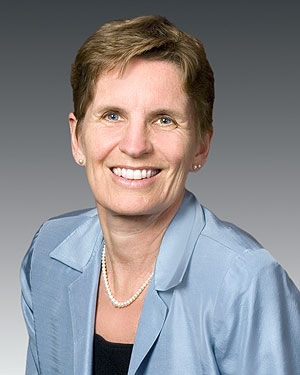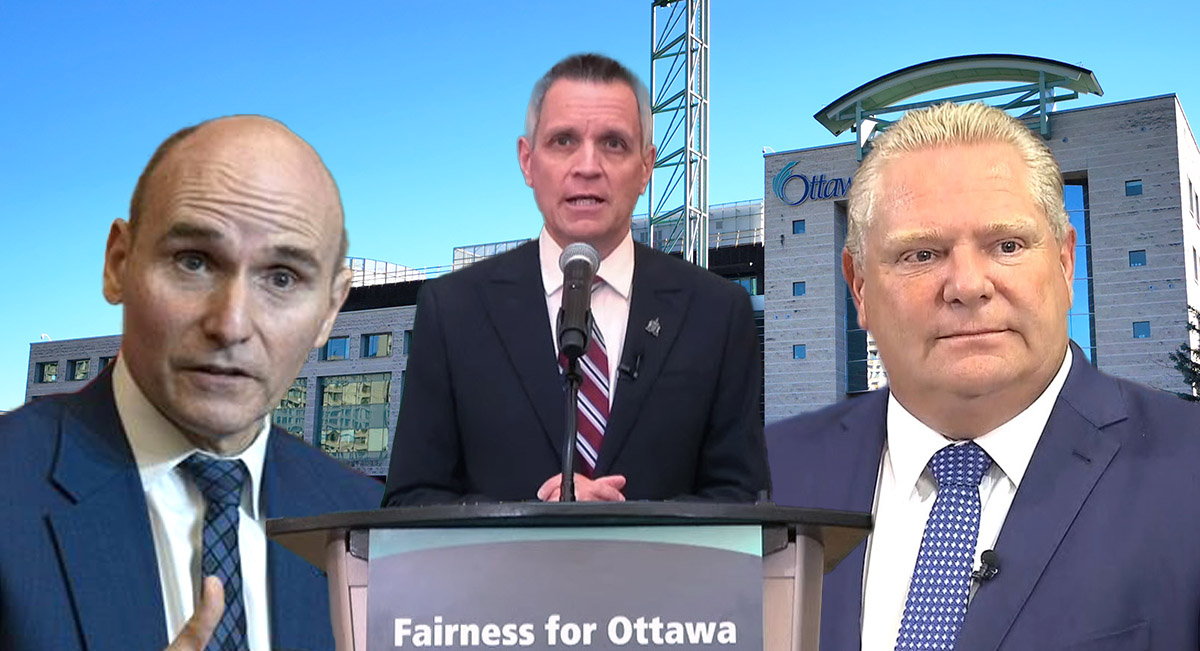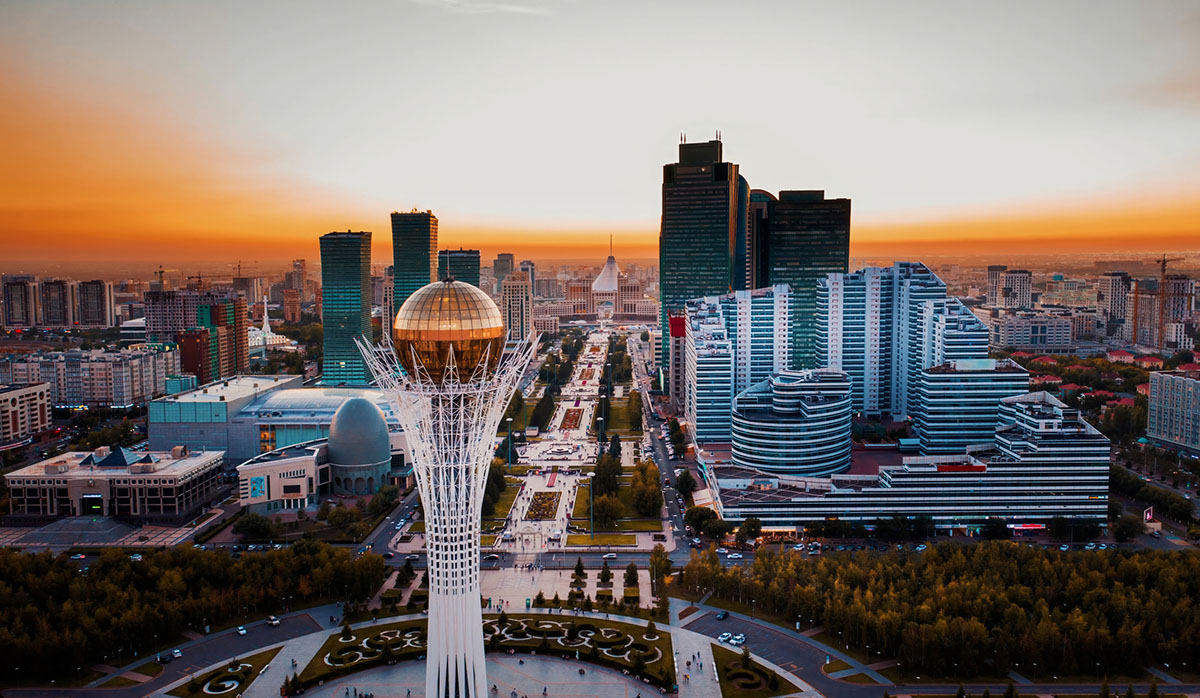
Kazakhstan: Reforming, Modernising, and Open for Business
Since gaining independence, Kazakhstan has made significant strides in building a democratic, prosperous and thriving sovereign state.
With recent successes, the state is determined to continue gradually introducing constructive and systematic political reforms that will enhance the roles of the parliament, judiciary, and civil society in Kazakhstan.
The most significant package of reforms, initiated by President Kassym-Jomart Tokayev and approved through a constitutional referendum in 2022, rebalances powers between the executive, legislative and judicial branches while also enhancing government accountability and overall transparency of political processes. This process has been a deliberate attempt to transition away from the “super-presidential” system that is common across the region and has dominated Kazakhstan’s political landscape since independence.
In a recent interview with Kazakhstan’s ‘Egemen Qazaqstan,’ President Tokayev outlined the government’s top priorities for 2024, including the completion of major political reforms as part of the new Just and Fair Kazakhstan vision. One of the key achievements is the revitalisation of the Constitutional Court, which has received over 4,000 appeals since its introduction in January 2023, a testament to the court’s newly formed accessibility.
A swathe of legislative amendments has been adopted to strengthen the independence of the courts, aiming to strengthen the rule of law in Kazakhstan. These initiatives have not only improved the quality of court decisions but also ensured the uniformity of judicial practice.
The responsibilities of the lower chamber of the Parliament, the Mazhilis, have also been significantly expanded. Finally, to further democratise the country, President Tokayev limited presidential terms to a single seven-year term, a safeguard against the future centralisation of power through the creation of political dynasties and state capture.
Last December, the government introduced an important human rights decree, leading to the implementation of systemic measures to eliminate violence against women and children. The institution of the Ombudsperson for Human Rights, the Ombudsperson for Children’s Rights, and the Ombudsperson for Protecting People with Disabilities are now fully functional and seen as independent from the government, accountable to the people directly.
In the next few months, Kazakhstan has to make a vital decision on nuclear power construction, a potentially divisive topic for the country due to the complicated history of nuclear use. President Tokayev has made it very clear that it is up to the people to decide through a national referendum how the government should proceed. To ensure transparency and accountability, the government has promised to open up the debate at all levels of society, from the parliament to academia and the civil sector, to ensure that all voices are heard.
Astana will continue a constructive and balanced foreign policy, taking into account the national interests of the country and its position as a thriving middle power. In 2024, Kazakhstan will chair several authoritative international organisations at once, including the Shanghai Cooperation Organization, the Collective Security Treaty Organisation (CSTO), the Conference on Interaction and Confidence-Building Measures in Asia, the Organisation of Turkic States, the International Fund for Saving the Aral Sea, and the Islamic Food Security Organisation.
This represents a significant responsibility and an opportunity for Kazakhstan to play a pivotal mediating role in shaping the global agenda. It underscores the nation’s diplomatic agility and positions it as a central player in addressing the challenges and uncertainties of the newly forming multipolar world. The reform-oriented approach of President Tokayev, combined with a growing market which is increasingly attracting foreign investment, makes Kazakhstan an attractive destination for doing business. In his drive for economic growth, President Tokayev gave new directions to strengthen the Investment Council Powers of Kazakhstan (ICPK). Some measures are expected to streamline decision-making processes, promote accountability, and create a more favourable investment environment for both domestic and foreign investors, reforms that are necessary for the attraction of global capital.
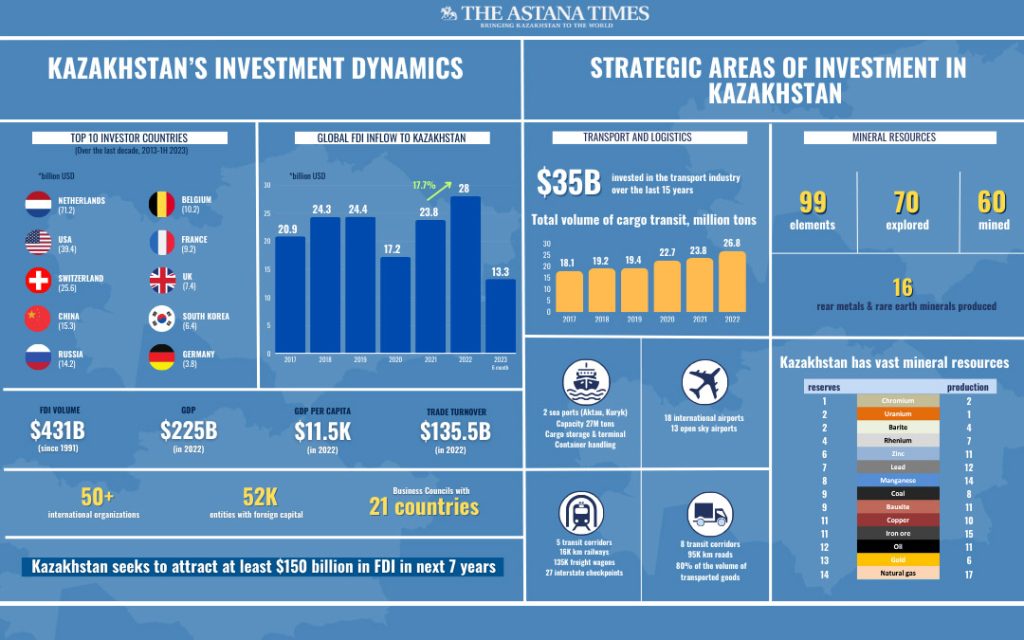
While it is evident that the world is entering a period of heightened political and economic instability, Kazakhstan is embracing the necessary changes to ensure its economy quickly adjusts to potential future external shocks. Starting this year, Kazakhstan hopes to gain a monumental six to seven percent economic growth per annum with the ultimate goal of doubling its GDP to a whopping USD 450 billion by 2029, just five years from now. The new regulation, along with a more lenient tax code introduced by the government after the approval of the Mazhilis, will enable investments to shift into new sectors of the Kazakh economy. Currently, the lion’s share of outside investment is in Kazakhstan’s oil and gas sector, with over USD 9.6 billion in foreign investment. Under the new regulation, with the new powers granted to the ICPK, President Tokayev hopes to diversify the investment climate and liberate industries that have suffered due to the prioritisation of the primary production sectors such as oil and gas.
Additionally, Kazakhstan is looking to attract more international investments in the technology sector. The industry grew fivefold in 2022 and is projected to bring in more than USD 500 million in the year that just ended. A national IT success story is the “e-GOV” program under the “Digital Kazakhstan” initiative, which was designed to accelerate the country’s administrative processes.
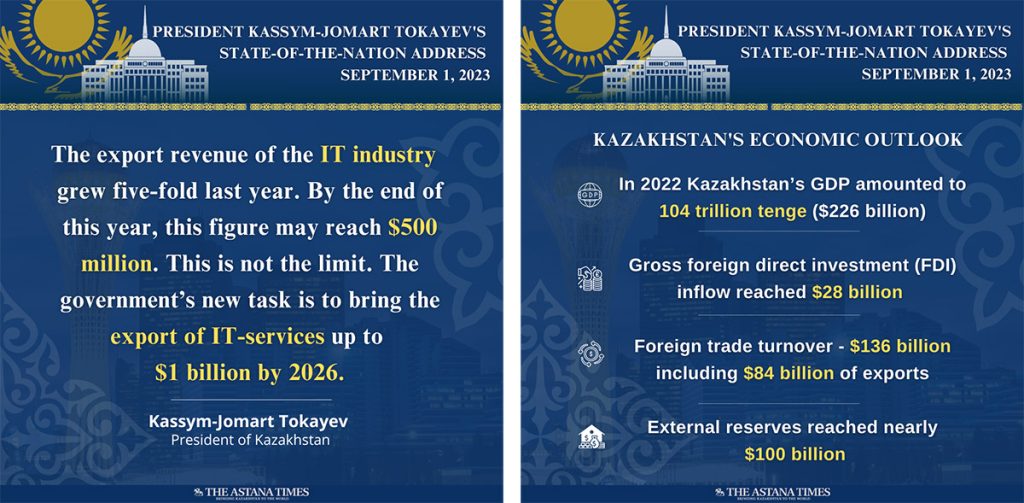
In line with digital transformation, private enterprises like Kazakhstan’s Kaspi Bank have become economic powerhouses. Over the past decade, Kaspi has become one of the world’s most dominant and comprehensive super-apps with a lively platform that touches e-commerce, payments, travel, and fintech. The company has successfully listed on the London Stock Exchange and is often referred to as a breakthrough case among global fintech companies. With this and other success stories, President Tokayev believes there is far more investment potential and has increased the IT exports target to USD 1 billion by 2025.
Kazakhstan has always been known as a mineral-rich nation. The success of this industry has enabled the government to invest in building everything from basic infrastructure to a new capital city, Astana, but the country also understands that it needs to diversify its economy and keep up with global economic trends.
The government of Kazakhstan acknowledges the importance of mitigating the global climate crisis that threatens the survival of its rich flora and fauna. Geographically speaking, Kazakhstan is a prime location for both wind and solar-powered technologies thanks to the vast Kazakh steppe, which offers ample opportunity to maximise both forms of power. As part of the country’s national strategy for the environment, the country is expected to significantly reduce methane and carbon emissions by 2030. At the historic COP 28 in Dubai, President Tokayev spoke about Kazakhstan’s potential for green investments and renewables, saying: “There is extraordinary potential for wind and solar power in my country as well as for green hydrogen. We will continue to work closely with our partners to unlock it.”
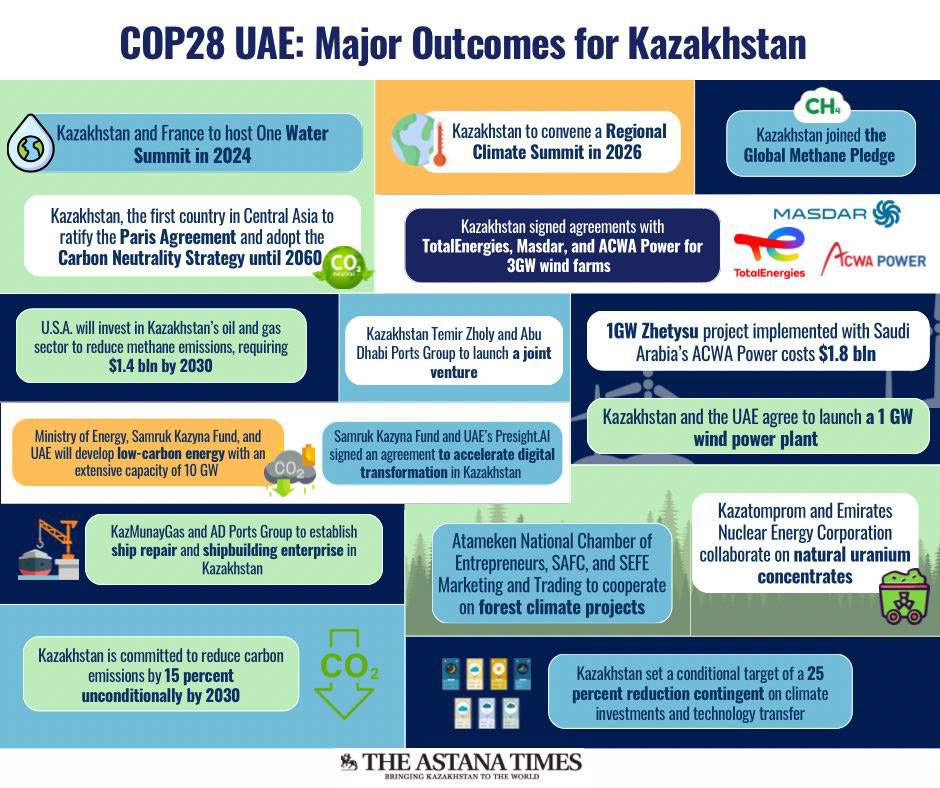
Kazakhstan was the first Central Asian country to sign the Paris Climate Accords and will continue to lead by hosting a regional climate change conference in 2026. In alignment with the goals of the Paris Climate Agreement, President Tokayev has outlined a strategy to achieve 30 percent of gross energy production from renewable sources by 2030. In addition to wind and solar energy, Kazakhstan possesses a significant share of critical rare earth minerals, including cobalt and lithium, crucial for producing batteries for electric vehicles, along with the conductor polysilicon. Unlike some countries where these resources are mined under dangerous and unethical conditions, Kazakhstan maintains a well-regulated mining economy with higher standards of production and safety. This attracts foreign investors seeking to mine these essential elements for a greener future. As trade between Asia and the West shows no signs of slowing, Kazakhstan is an essential link in the transportation of goods and resources across the Eurasian continent. Despite the belief that Europe and Central Asia are far apart, Kazakhstan, at its closest point, is only 2581 kilometres away from Ukraine. Kazakhstan also borders China, sharing a large 1782 km frontier. With the continuation of the war in Ukraine and the difficulties of global trade over Eurasia, the historic Silk Road that runs through Central Asia is once again in the global spotlight as manufactured goods from China and other Asian states need to reach European markets efficiently and safely.
When we look at a world that is becoming more multipolar by the day, it is abundantly clear that Kazakhstan should be considered an emerging force – not just in terms of the Central Asian region but as a global player. Looking ahead – whether it’s in terms of its democratisation process or its economic development and diversification — the rapid pace of reform and transformation in the country suggests that the country will continue to go from strength to strength.
Header image: iStock; inset images courtesy The Astana Times



